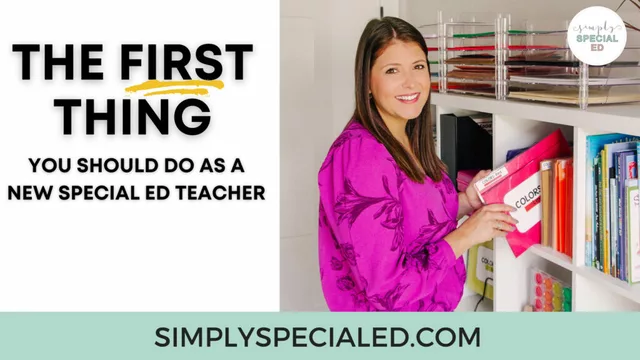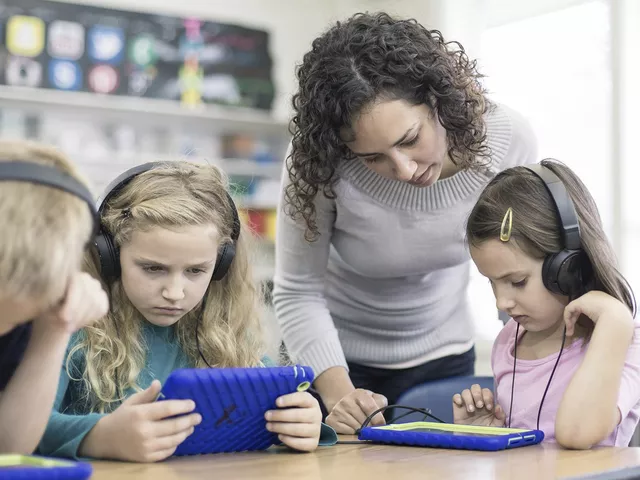Becoming a special education teacher requires a deep understanding of the skills, qualifications, and knowledge needed to be successful in the field. Special education teachers work with students who have a wide range of disabilities, from physical and mental disabilities to learning disabilities. It is important to have an understanding of the needs of the students and the resources available to them in order to be an effective special education teacher.
In order to become a special education teacher, one must first have a bachelor’s degree in special education or a related field. It is also important to have experience working with children with special needs, as this experience can help you better understand the needs of the students. A master’s degree in special education or a related field is also recommended for those who wish to pursue a career in special education.
In addition, special education teachers must possess a teaching license, which is granted by the state in which they will be teaching. This license must be renewed every few years in order to remain valid. It is also important to have knowledge of the state laws and regulations regarding special education, as well as the policies of the school district in which the teacher will be working.
Finally, special education teachers must have strong interpersonal and communication skills in order to effectively work with students and their families. Being organized and able to manage multiple tasks is also necessary. A passion for helping others and a commitment to making a difference in the lives of students with special needs is also essential.
As a special education teacher, you will be responsible for helping students with disabilities reach their full potential. To do this, you must understand the various types of special education programs available to students. Here are a few types of special education programs to consider:
1. Inclusion Programs
Inclusion programs allow students with disabilities to be included in general education classes. This type of program focuses on providing individualized instruction, accommodations, and modifications to students with disabilities in the traditional classroom setting.
2. Resource Programs
Resource programs provide students with disabilities additional support in the general education classroom. In this type of program, students with disabilities attend general education classes and receive additional instruction from a special education teacher. Resource programs can help students stay on track with their studies and still receive the support they need.
3. Self-Contained Programs
Self-contained programs are designed for students with disabilities who need more intensive instruction. In this type of program, students with disabilities attend classes with only other students with disabilities. They receive instruction from a special education teacher who is trained to provide individualized instruction.
No matter which type of program you choose, you will need to become familiar with the different types of special education services available to students with disabilities. Understanding the different types of special education programs will help ensure that you are providing the best possible instruction and support to your students.
As a special education teacher, you have the unique opportunity to make a positive impact in the lives of your students. However, finding success in this career can be challenging. Here are some tips to help you find success as a special education teacher:
- Develop good communication skills. As a special education teacher, you must be able to communicate effectively with your students, their families, and other members of the school community. This means being able to convey your message in a clear, concise, and respectful manner.
- Stay organized. Special education teachers often have to juggle multiple tasks and keep track of various paperwork. Having good organizational skills is key to staying on top of everything you need to do.
- Keep up with changes in the field. Special education laws and regulations are constantly changing. It’s important to stay up to date on the latest developments so you can provide your students with the best possible education.
- Build relationships with your students. Building strong relationships with your students is essential to helping them reach their goals. Take the time to get to know each student individually, and show them that you care.
- Prioritize self-care. Teaching can be a stressful and demanding job. Make sure to take time for yourself and prioritize your mental health. This will help you stay focused and energized to do your best work.
By following these tips, you can find success as a special education teacher. With hard work and dedication, you can make a lasting difference in the lives of your students.




